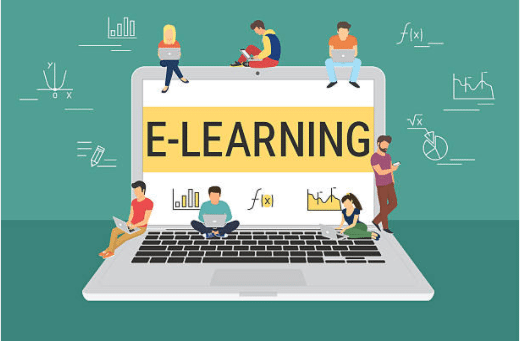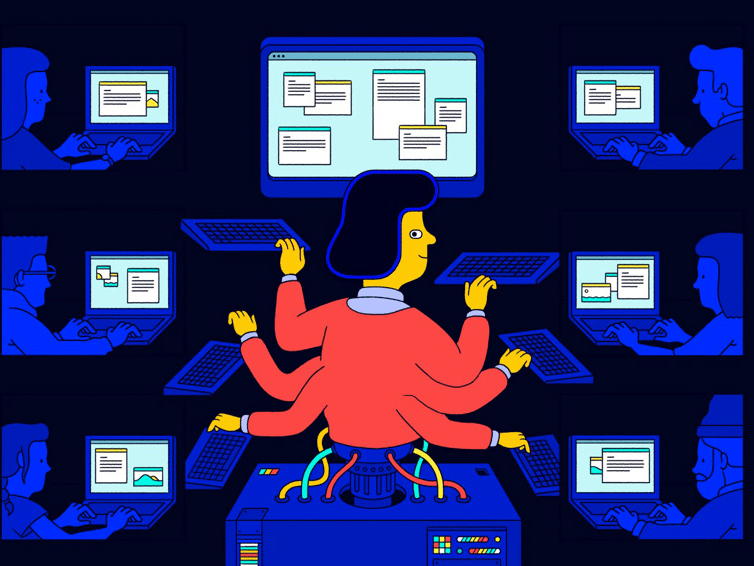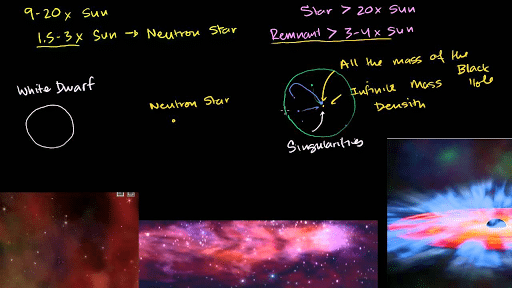In a world filled with learning options, and opportunities, it can be challenging to know where the most effective solutions to our educational problems lie. The post-modern student wants it all, and they want it now, so to speak. Yet the essential quandary for students in this day and age has become how to discern, decipher, and distill relevant information from the deep pools of disparate communications available to them. How do students sort out the facts from opinions? How can they orient their minds to the information so that they do not just become passive consumers of data and externalized discussions? How can they reconcile the information to their own understanding? Learning must still be personalized somehow. The marketplace of ideas and information challenges 21st century learners in ways that we do not yet understand.
Information has never been more available and accessible than it is in the 21st century. Knowledge is continually being re-packaged in novel forms and styles. Case in point: one Khan Academy astronomy lesson attempts to explain the scale of the universe in 13 easy Youtube videos. Even concepts within traditional academic disciplines are moving forward at breakneck speed, as older ideas are being challenged. Developments in linguistics, mathematics, science, and business—really all fields—are moving faster than traditional schools and textbooks can keep pace. Often this information competes for legitimacy with how knowledge is presented to students in traditional education systems.
Furthermore, public schools are being disaggregated and privatized, with charter schools experimenting with new ideological frameworks, for better or for worse. Yet despite all this, Howard Didsbury argues that charter schools have failed to improve student achievement. Despite some perceived progress, many students are not getting the special attention that they deserve or desire.
Our instant-access culture sometimes falls short on deep analysis or strong evaluation. Snippets and flash-points of info on a variety of topics may be creating a new consciousness. However, one might ask whether streaming video, sound bites, and memes will refine their skills of logic, critical analysis, and higher-order thinking. Students are still expected to perform on high stakes tests and exhibit some semblance of critical ability during their higher education experience and beyond. Can watching an astronomy video from Khan Academy truly help them understand the complexity of the universe in any comprehensive sense? It may be true that some cursory insight can be derived from short, stylized presentations. Interdisciplinary approaches have some validity in this era. Yet it is far too easy for students to breeze over complex topics in their eagerness for expediency and ready-made answers.
Many precocious students who have grown up in the information age have learned how to navigate through the sheer glut of material present at any given moment on the internet. But others remain overwhelmed by the velocity and volume of statistics, perspective, or advice. For example, they may simply want some Spanish help. Google Translate is an imperfect tool. Sure they can access unlimited PDF or PPT files or various articles geared to students or teachers of Spanish. But they may also spend hours online searching for answers to the most basic questions. They might be better served by asking an expert directly. Language acquisition is not necessarily something that comes easy nor will the average student be able to glean the internet on their way to fluency. Learning a language involves ongoing conversational practice. Students still need a human dimension to guide them. Students from across the world, no matter where they are located, are expected to compete in this terra incognita of the new knowledge economy. Although e-learning programs and online colleges have sprung up like weeds on the internet, they still lack the kind of credibility that institutions built of walls and desks still maintain in our societies. At some point in the future, perhaps all academic pursuits will be mediated through information technology. We can imagine a time without schools. Perhaps students will be assessed by elaborate computer-generated algorithms. But on a practical level, and in today’s world, students must perform according to more traditional academic channels. Even in the 21st century, Khan Academy is not going to replace Harvard or Oxford any time soon. Although Khan Academy-style education may be trending, it may not be so intellectually fulfilling. Shortcuts to higher knowledge almost never are. Students still need human contact, informed guidance, and practical people giving them real-world advice. They need personal help with their academic and intellectual challenges. There is a growing need for knowledgeable experts in the knowledge economy. Tutoring may allow you to engage in the emergent knowledge economy and at the same time influence students from all across the world.
Students from across the world, no matter where they are located, are expected to compete in this terra incognita of the new knowledge economy. Although e-learning programs and online colleges have sprung up like weeds on the internet, they still lack the kind of credibility that institutions built of walls and desks still maintain in our societies. At some point in the future, perhaps all academic pursuits will be mediated through information technology. We can imagine a time without schools. Perhaps students will be assessed by elaborate computer-generated algorithms. But on a practical level, and in today’s world, students must perform according to more traditional academic channels. Even in the 21st century, Khan Academy is not going to replace Harvard or Oxford any time soon. Although Khan Academy-style education may be trending, it may not be so intellectually fulfilling. Shortcuts to higher knowledge almost never are. Students still need human contact, informed guidance, and practical people giving them real-world advice. They need personal help with their academic and intellectual challenges. There is a growing need for knowledgeable experts in the knowledge economy. Tutoring may allow you to engage in the emergent knowledge economy and at the same time influence students from all across the world.
References
Didsbury, Howard F. 21st Century Opportunities And Challenges. Bethesda, Md., World Future Society, 2003,.
Strauss, Valerie. “Separating Fact From Fiction In 21 Claims About Charter Schools.” Washington Post, 2015, https://www.washingtonpost.com/news/answer-sheet/wp/2015/02/28/separating-fact-from-fiction-in-21-claims-about-charter-schools/?utm_term=.50186923cada.


1 Comment found
Common Misconceptions Studying Abroad - StudyGate Blog
[…] not made safe for me. People laughed at my Spanish. I wasn’t taking an online course to boost my language learning. Teachers didn’t coddle me. But that’s where some of the greatest beauty in my life came. The […]